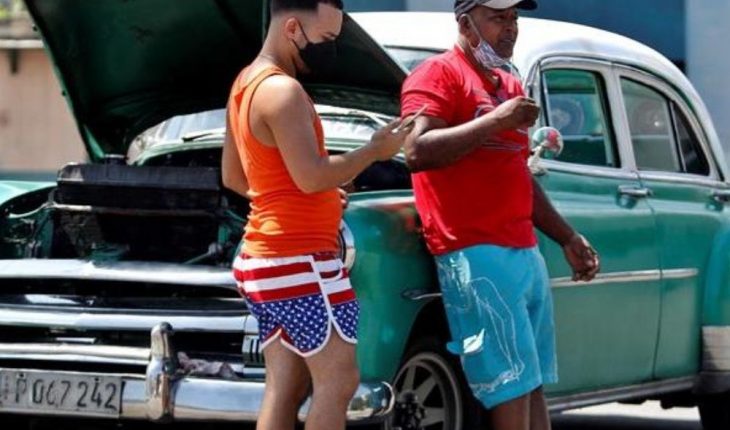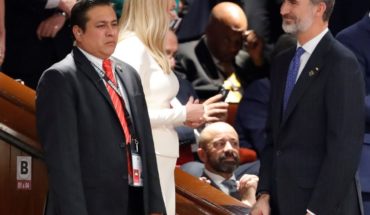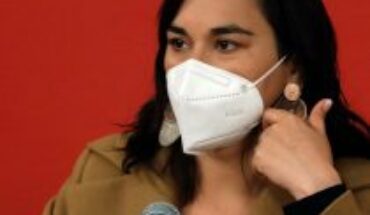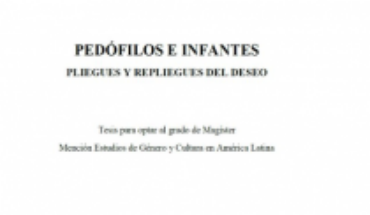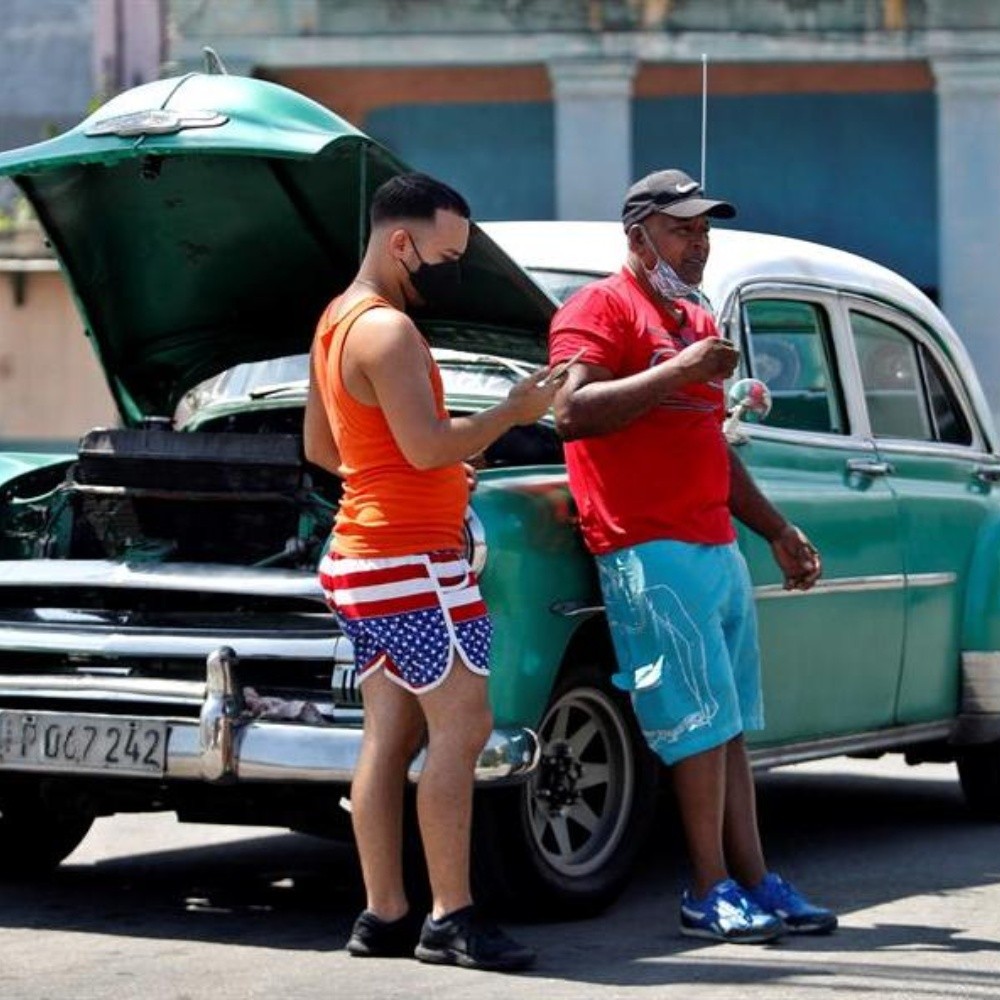
Havana.- Havana has been subjecting the most restrictive measures imposed by the Government of Cuba since the start of the new coronavirus (COVID-19) pandemic, including a curfew from 19 hours, a ban on leaving the city and hefty fines for non-compliance. The island authorities say that the uptick in COVID-19 cases in the capital (they went from zero to mid-July to several dozen daily in the second half of August) justify the restrictions that will remain in force in the first half of September.
Stay informed about what matters most to you
Get the most relevant news of the day in your email
Thank you for subscribing!
Check your inbox to confirm your email and start getting the latest news
Take advantage and take the next step
Get our news alerts so you don’t miss anything
Receive notifications
Not bad! You’ve subscribed to notifications
Set up and choose your preferences
Set up notifications
Enter your e-mail
Subscribe
Subscribing implies accepting the terms and conditions
Not bad! You’ve subscribed to notifications
Set up and choose your preferences
TOUCH OF STAY AND MULTASFrom 7 pm to 5 in the morning the streets must be empty and guarded by the police, who will punish anyone who goes outside on foot or with their vehicle with fines between 2,000 and 3,000 Cuban pesos (between 80 and 120 dollars), a high amount in a country where the state-half salary does not reach 45 dollars. In the case of children, the elderly and persons with disabilities, they will not be able to go out on the street at any time; the use of recreational and sports areas will also be restricted, alcoholic beverages may not be ingested in public places and parties of any kind will not be allowed. In addition, the entry and exit to Havana is prohibited at all times, so the city has been incommunicado with the rest of the country and can only be abandoned for exceptional reasons. This provision effectively eliminates the transfer of habaneros to tourist spaces in other provinces, with some 2,970 hotel reservations being reinstated or postponed, according to provincial government data. The restrictions also include a greater promotion of telework – according to the authorities, more than 118,000 people will be accommodated in this modality – and the reduction of hours in shops until 16:00 local time from Monday to Saturday and 13:00 on Sundays.
Several people are waiting their turn to shop at a bakery today in Havana. / Photo: EFE.
UNTIL DAY 15 OR MOREThe new measures will be maintained beyond 15 September in the event that the spread of the coronavirus is not contained, which since March has already accumulated 4,065 cases and 95 deaths. On Tuesday Cuba recorded a deceased with the disease and 33 new positives, of which 23 in Havana.STRONG ECONOMIC CRISISThe capital is subject to these restrictions at a time of severe economic crisis and a widespread shortage of commodities throughout Cuba.In an attempt to improve access to food and toiletries, for these 15 days 151 new outlets have been enabled in places where “offers are scarce”, according to the authorities of La Habana.La city of more than 2 million inhabitants, epicenter of COVID-19 in Cuba, had to cancel its reopening earlier this month due to several regrowths extended to other regions of the country. Havana has been in recent weeks the only Cuban province in phase 0 or “limited transmission stage” of coronavirus, so strong measures such as the suspension of public transport, the limitation of access, the closure of most services and the mandatory use of the mask outside the houses were already in force. In the rest of the island, most territories are in the third and final phase of the national reopening plan, minus the nearby Artemis and Mayabeque where phase 2 is maintained, which smooths restrictions such as the use of the mask, required only in enclosed places, activates local tourism and restores services to 50%. Due to this situation, Havana did not start the school year on Tuesday like the rest of Cuba and does not plan to open its borders until it emerges from this health crisis.
You may also be interested: Between fear and hope: this is how to volunteer a vaccine against COVID-19Prevone increase in child labour in Latin AmericaThe virus in frozen imports from Latin America alerts China

